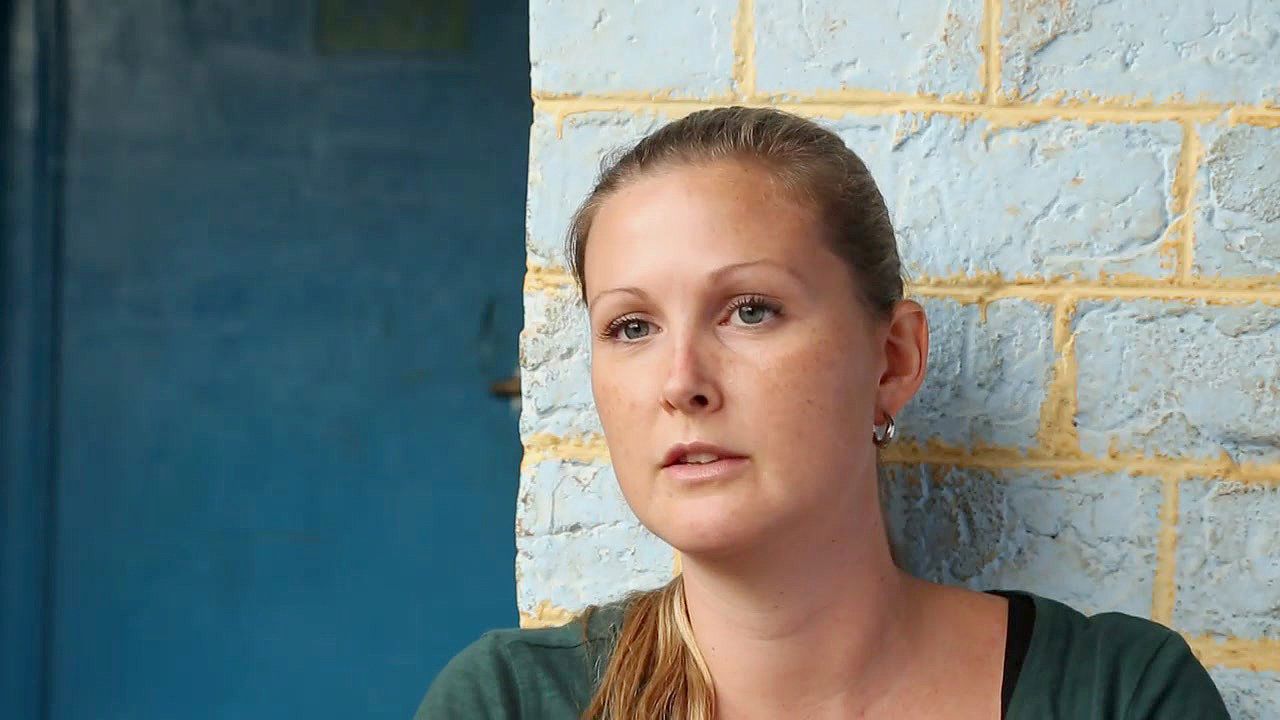Caroline Voûte, MSF's coordinator of the response to the measles epidemic in Katanga updates on the current situation of the epidemic in this mining region of the Democratic Republic of Congo (DRC). If the disease appears to be declining in the territory, cases persist in other provinces and the risk of outbreaks is important.
"If the epidemic of measles is now considered declining in Katanga, we remain very worried about the persistence of measles cases in most other provinces of the DRC and, consequently, the risk of tripping new outbreaks. The DRC has experienced continuous epidemic situation since 2010. Enormous human and financial resources are repeatedly made to combat measles, a largely preventable disease through vaccination. This new health crisis again raises the question of the effectiveness of the campaigns of previous vaccinations. It is urgent to learn from this epidemic and take the necessary steps to improve routine immunization to prevent a new outbreak in the coming years. As a reminder, in 2011, Katanga had already faced one of the largest outbreaks of measles.
MSF was then vaccinated 2.1 million children.
Officially the end of November, more than 39,000 cases and nearly 500 deaths were reported in Katanga since the beginning of 2015, but these figures are largely underestimated, as already show retrospective mortality surveys in some areas. Indeed, in the most remote and economically depressed parts of this immense territory yet rich mineral reserves exploited, health landscape looks like a desert. Especially in rural areas, the health system has lost its legitimacy and credibility. Health centers are experiencing "chronic" failures medicines, trained medical personnel is scarce and care rates are exorbitant, discouraging the population, already very poor, to seek treatment. In this context, epidemiological surveillance fails, the actual figures are not reassembled to health authorities. The recognition of the epidemic and the response have therefore been delayed.
MSF started its intervention in April in Malemba Nkulu health zone. The epidemic has been gaining ground, we quickly had to expand our activities to other areas. We vaccinate children between 6 months and 15 years and we support the health centers for the management of simple cases through donations of medicines, staff training and supervision. We also have teams in hospitals to treat children with complications. Around Manono for example, severe malnutrition rates are alarming, with over 10% in some areas. And 90% of the children we hospitalize are with malaria. That is why we decided to focus on these two pathologies as well.
MSF has been working in the DRC since 1981. In Katanga and in the border regions since the beginning the response to the emergency measles, MSF vaccinated more than 962,900 children aged between 6 months and 15 years and supported nearly 30,000 children affected by the disease.



